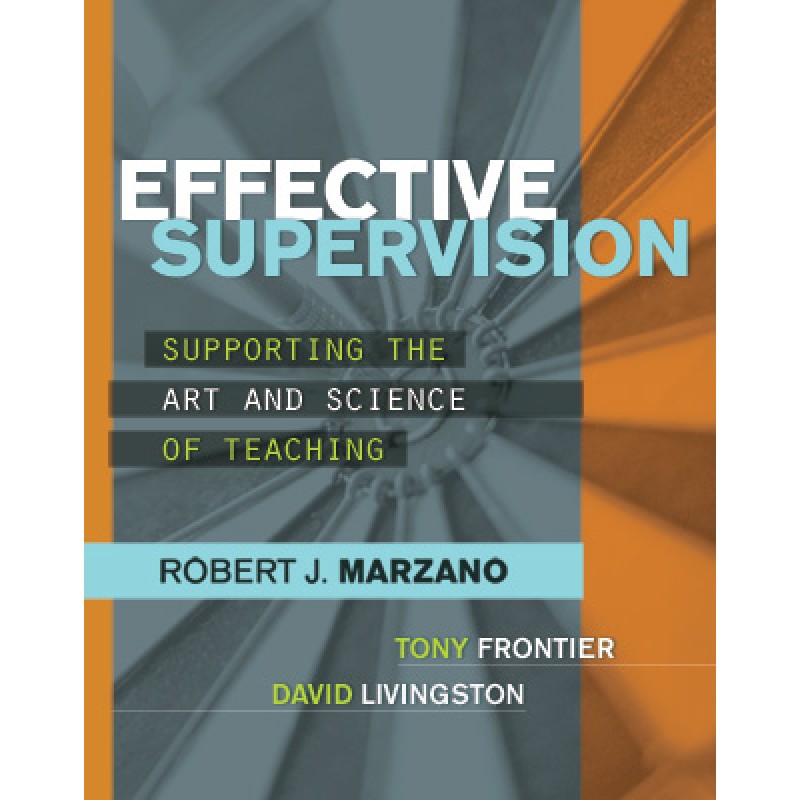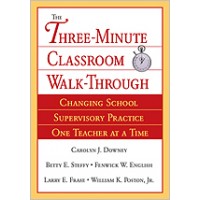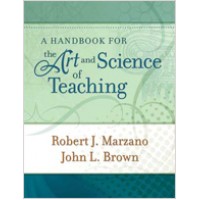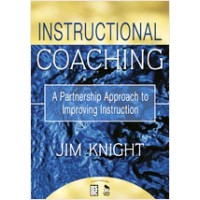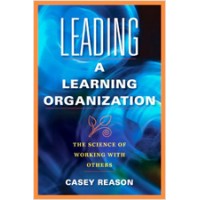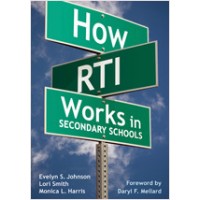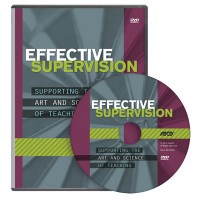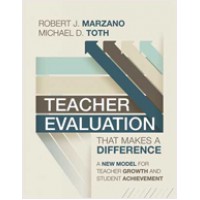Effective Supervision: Supporting the Art and Science of Teaching, May/2011
| Author(s) | Robert J. Marzano, David Livingston, Tony Frontier |
| ISBN10 | 141661155X |
| ISBN13 | 9781416611554 |
| Format | Paperback |
| Pages | 185 |
| Year Publish | 2011 May |
Synopsis
It’s true that even modest improvements in teacher effectiveness can lead to impressive gains in student achievement. But what hasn’t been clear is what exactly district leaders should do to encourage and support teachers in practicing the art and science of great teaching . . . until now. Like in his landmark book The Art and Science of Teaching, Robert Marzano and his co-authors once again make a definitive case based on extensive research. Find out what it takes to create a teacher supervision and evaluation system that’s more apt to lead to higher student achievement, including
- Five school-level conditions that are essential to systematically developing teacher expertise.
- Four domains of teaching practice that provide a focus for instructional improvement.
- Five ways to provide teacher feedback that avoids the pitfalls of a checklist approach.
Going way beyond scripted observation routines and typical value-added measurements of teacher effectiveness, the authors open your eyes to broad principles of effective supervision that apply to all kinds of schools:
- Why it’s so important for teachers to have opportunities to observe and interact with other teachers.
- Which types of assessments are most apt to provide evidence of student achievement gains.
- Why recognition rather than money is more apt to motivate teachers to increase their expertise.
- How to engage teachers in focused practice that helps them chart their development in specific classroom strategies and behaviors.
About the Authors:
Robert J. Marzano is cofounder and CEO of Marzano Research Laboratory in Englewood, Colorado. A leading researcher in education, he is a speaker, trainer, and author of more than 30 books and 150 articles on topics such as instruction, assessment, writing and implementing standards, cognition, effective leadership, and school intervention. His books include Designing & Teaching Learning Goals & Objectives, District Leadership That Works, Formative Assessment & Standards-Based Grading, On Excellence in Teaching, and The Art and Science of Teaching. His practical translations of the most current research and theory into classroom strategies are internationally known and widely practiced by both teachers and administrators.
Dr. Marzano received a bachelor's degree from Iona College in New York, a master's degree from Seattle University, and a doctorate from the University of Washington.
Tony Frontier is an assistant professor of doctoral leadership studies and director of teacher education at Cardinal Stritch University in Milwaukee, Wisconsin, where he teaches courses in curriculum development, organizational learning, research methods, and statistics. He began his career in education in 1994 teaching at Roosevelt Middle School of the Arts in Milwaukee Public Schools. He served two years as associate principal at Whitefish Bay High School in Whitefish Bay, Wisconsin, and served nine years as the director of curriculum and instruction for the School District of Whitefish Bay. He has been recognized by Marquette University as the Outstanding Young Alumnus for the School of Education, received the Jack Keane Outstanding Young Educator Award for the State of Wisconsin, was selected as an ASCD Emerging Leader, and has served as President of Wisconsin ASCD. He received a bachelor's degree with majors in sociology and mass communications from the University of Wisconsin, Milwaukee, postbaccalaureate teacher certification from Marquette University, and a master's degree in educational leadership and a PhD in leadership for the advancement of learning and service from Cardinal Stritch University.
David Livingston is an associate with Marzano Research Laboratory in Englewood, Colorado, specializing in school- and district-level leadership and school improvement. He began his career in education in 1968 with the Chicago Teacher Corps. After a decade of teaching, he served for 20 years as principal of four elementary schools in Oregon and Colorado. From 1998 to 2005, he was executive director of elementary education for the Cherry Creek Schools in Greenwood Village, Colorado. Prior to joining Marzano Research Laboratory, he was principal consultant with Mid-continent Research for Education and Learning in Denver, Colorado. He also serves as facilitator for the Western States Benchmarking Consortium, a network of seven high-performing districts west of the Mississippi River. He received a bachelor's degree in literature from Wheaton College in Illinois, a master's degree in urban education from Roosevelt University in Illinois, and a doctorate in foundations of education from the University of Colorado at Boulder.

